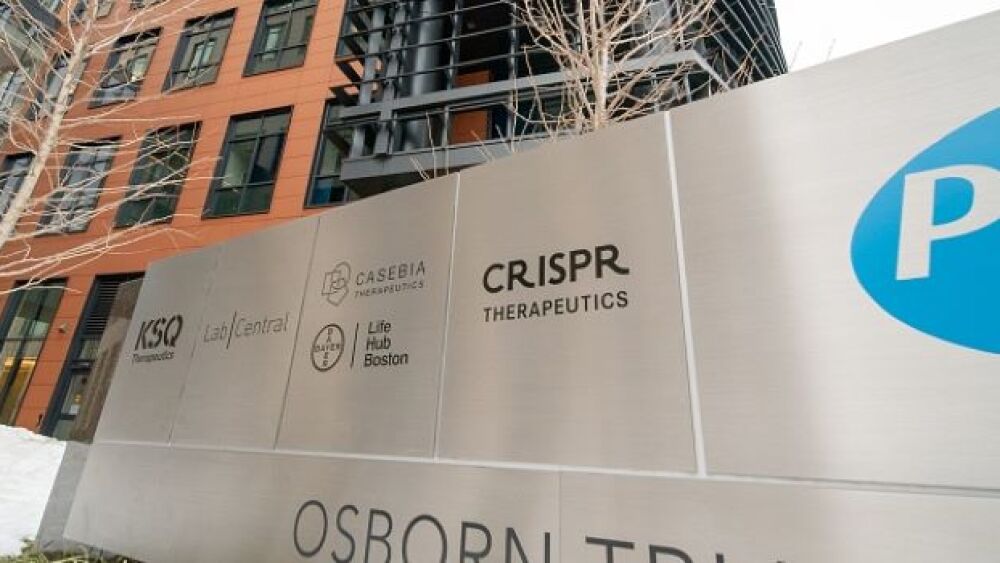CRISPR Therapeutics shared positive initial data from its Phase I COBALT-LYM trial of CTX130 for cancer which demonstrated safety and efficacy when used to target CD70.
This weekend, CRISPR Therapeutics shared positive initial data from the Phase I COBALT-LYM trial of CTX130, an allogeneic CAR-T cell therapy, which demonstrated safety and efficacy when used to target solid tumors and certain hematological malignancies expressing CD70.
The open-label, multi-center COBALT-LYM dose escalation study identifies safety and overall response rate as primary endpoints, while secondary endpoints include overall survival and progression free survival. Based on early results, CTX130 is well tolerated across different dose levels. There were no dose limiting toxicities, no cases of graft vs host disease and no instances of tumor lysis syndrome.
“These preliminary data demonstrate that CTX130 has the potential to provide meaningful clinical benefit with a well-tolerated safety profile. Given the inherent difficulties and potential risks of manufacturing a CAR-T therapy from a patient’s own diseased T cells, allogeneic cellular therapy approaches for T cell lymphoma have greater potential to address the unmet need in this patient population,” the company wrote in a press release.
As of April 26 data cutoff, the trial had 19 patients enrolled, all of whom had T cell malignancies - eight with peripheral T-cell lymphoma and 10 with cutaneous T-cell lymphoma - and had been heavily pre-treated with a median of four systemic therapies. All participants had a median CD70 expression of 90% and were refractory up to their last therapy line.
“We are very pleased with the preliminary results from our COBALT-LYM trial, which showed efficacy and safety that suggest that CTX130, the first allogeneic CAR-T directed against the novel target CD70, can produce deep responses in patients with relapsed or refractory T cell lymphomas,” Samarth Kulkarni, Ph.D., chief executive officer of CRISPR Therapeutics, said.
Swaminathan P. Iyer, M.D., professor and lead of the T Cell Lymphoma program, department of lymphoma/myeloma, division of cancer medicine at the University of Texas MD Anderson Cancer, also expressed support for the study, saying, “The data from the CTX130 trial demonstrate the potential of cell therapies as a new treatment modality for these patients.”
Iyer added, “I am particularly encouraged by the response rates and safety data, which suggest that treatment with CTX130 could elicit clinically meaningful responses, including complete responses, in patients with difficult-to-treat T cell lymphomas.”
Aside from the COBALT-LYM trial, CTX130 is being evaluated for relapsed or refractory renal cell carcinoma under the COBALT-RCC study. More details will be shared at the CRISPR Therapeutics Innovation Day on June 21, 2022.





